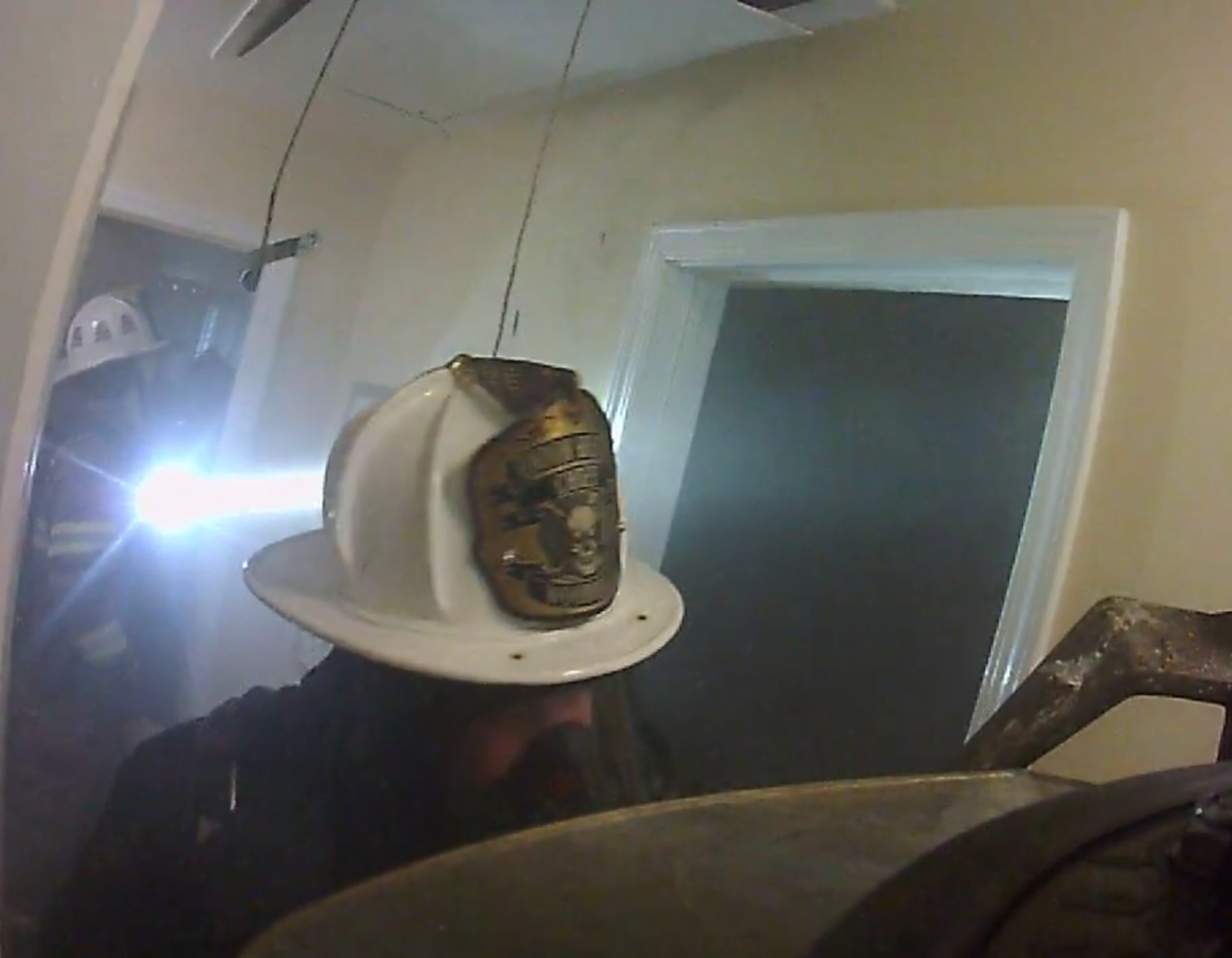“John Wayne Time, You’re On Your Own”
- Robert Woodhead

- Jan 4, 2015
- 3 min read
If it runs deep in your blood, there are a few words or phrases that can get you excited when you’re listening to radio traffic.
“Dispatch, strike a second alarm”
That would be one of them. But what happens if you need them NOW? What happens if you’re second alarm is 20-30+ minutes out and you are already using all-hands on the fire? Were there enough initial units even dispatched to the assignment? Company officers have a very big decision to make when arriving first or second due onto these incidents. Several thoughts are being tossed around, including tactics, priorities, incident management, resources required, possible water supply issues…the list goes on and on. But more importantly, what if the world goes to hell and the worst possible situations arise? What if a MAYDAY or rescue mission were to be initiated? What if we need a lot of resources, very quickly?
Some of the most difficult decisions to make are those that are under the circumstances of the unknown. We would all love to be able to say we can call additional resources, and they be around the corner. Let’s be logical, even big cities can’t get to the scene immediately. Everything takes time, and everything gets worse before it gets better. I’ve always been told there’s a firefighters version of Murphy’s Law. “Anything that can go wrong, will go wrong”. If we call for additional help, they won’t be needed. If we don’t call, they will be needed. Everything takes longer than you think. If you were to ask an audience at FDIC who thinks their second alarm companies are as close as they should be, I bet you would only see a few hands. In reality, we live in a fire service that is under staffed, and inundated with service specialties. We are jacks-of-all-trades and we’re relied upon for everything under the sun. This is can be a good thing, because it proves we are needed we are still an important necessity to the community. Consequently, when the “big one” gets dispatched, we have a potential of not being available for the call. The end result: lives could be at risk. So who are we going to call for the “Big One”? What type of resources/manpower are they bringing? Where/How far out are they coming? When will they be on scene, ready to operate? That answer is one of many of the unknowns that we train for on a daily basis. It’s not know when they will be arriving, and when they do, they may have to fill roles that should’ve been assigned to first alarm units that have become overwhelmed with duties. Vent, RIT, additional searches or fill in for the companies going to rehab. So what do the departments do that don’t have a second alarm coming? These are the situations that make or break firefighters.

Rural departments have a heavy burden on their shoulders every time an alarm sounds. The quick thought of “what if we need more help” is the first thing that runs through my mind when I’m at my rural department. But then, we switch right into “Go” mode, and make it happen. If we need help, we attempt to stabilize the scene and grab a hold of the big picture. Hopefully keep the situation from worsening, and take a safe enough stand to get-by until it arrives. Fortunately, in my case, I am lucky enough to have additional town people who are trained, and active as volunteers of the company. These members can fill roles such as water supply, crowd control, rehab, and evacuation members. This is only my department, which is unlike 99% of rural departments in the country.
In all reality, rural departments in the US have a second alarm assignment as far out as an island just off the coast, or as a long stretch of highway in the middle of Texas. The logistics that go into getting resources is different, but response times are 30+ minutes. Anybody who is one of those departments, I applaud you. Not only are you ready to jump in the wagon and go for a long drive, but you are also willing to take the other side of the coin, and be without assistance for the same amount of time. For those who are lucky enough to be urban or suburban, think of these rural situations and brothers/sisters who have to conquer the odds men the next time you get 4 engines, 3 trucks, 2 heavy rescues and a partridge in a command vehicle. Stay salty.
– The “Irons”



Comments